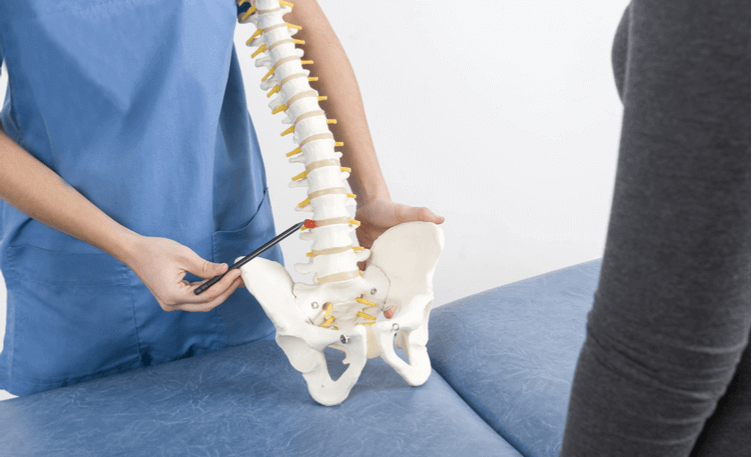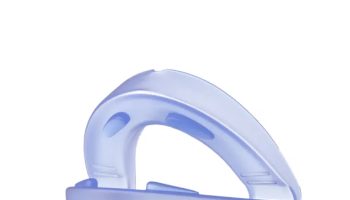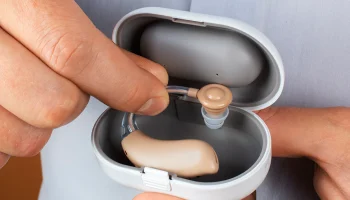Have you been experiencing back pain and stiffness lately? Do you wake up in the morning with a stiff neck or numbness in your arm? You may have a herniated disc. The most common causes of this condition are too much sitting, repetitive activities like typing all day, and heavy lifting. Less often, it can be due to genetic factors and physical trauma. In Houston, TX, some centers offer the proper remedy for herniated disc accurately. They focus on your individual needs before deciding on a suitable treatment. Thus, finding the best centers if you have a herniated disc in Houston.
What is a Herniated Disc?
A herniated disc is a medical condition that can cause pain and numbness in the back and extremities. A disc is a small, C-shaped piece of cartilage that separates the vertebrae in your spine. When this disc ruptures or herniates, the inner material can bulge and press on nearby nerves, causing pain, numbness, and weakness.
Herniated discs can occur anywhere in the spine but are most common in the lower back (lumbar region). Symptoms usually develop slowly over time and may get worse with activity. In some cases, a herniated disc can cause permanent nerve damage.
When Should You See a Doctor for a Herniated Disc?
You should schedule an appointment with your doctor if:
- Your back or leg pain is sudden and severe and doesn’t improve after a short time.
- You experience numbness, tingling, or weakness in any part of your body.
- You have difficulty controlling urination or defecation.
If you are experiencing the symptoms of a herniated disc, it is vital to seek medical help. Ignoring the signs can lead to permanent nerve damage. Several treatment options are available that can help relieve pain and improve your quality of life.
How is the Diagnosis?
There is no definitive test for diagnosing a herniated disc. Your doctor will likely perform a physical examination and ask about your medical history. They may also order imaging tests like an X-ray, MRI, or CT scan to help determine the cause of your symptoms.
How is it treated?
There are many treatment options for herniated discs, depending on the severity of your symptoms.
Epidural steroid injections are one treatment option for herniated discs that relieves pain by reducing inflammation around the nerves near your spinal cord or brain stem, which helps relieve pressure on those nerves from the herniated disc. This is only a temporary fix, and the long-term solution is surgery.
Several medications can help relieve the pain and symptoms of a herniated disc. Over-the-counter medications like ibuprofen and acetaminophen can help reduce inflammation and pain. Prescription medications like corticosteroids and narcotics can also help relieve pain and inflammation.
Physical therapy is another standard treatment for herniated discs. Physical therapy includes a variety of exercises and treatments that can help relieve pain and stiffness, improve flexibility and range of motion, and strengthen the muscles around your spine. Some exercises and treatments used in physical therapy include:
- Stretching exercises to improve flexibility and range of motion
- Exercises to strengthen the abdominal and back muscles
- Traction to stretch and loosen the spine
- Heat or cold therapy to reduce inflammation and pain
Having a herniated disc comes with back pain and stiffness or numbness in your arm. This is why it’s essential to seek medical help. Ignoring the symptoms can lead to permanent nerve damage. Several treatment options are available that can help relieve pain and improve your quality of life.





